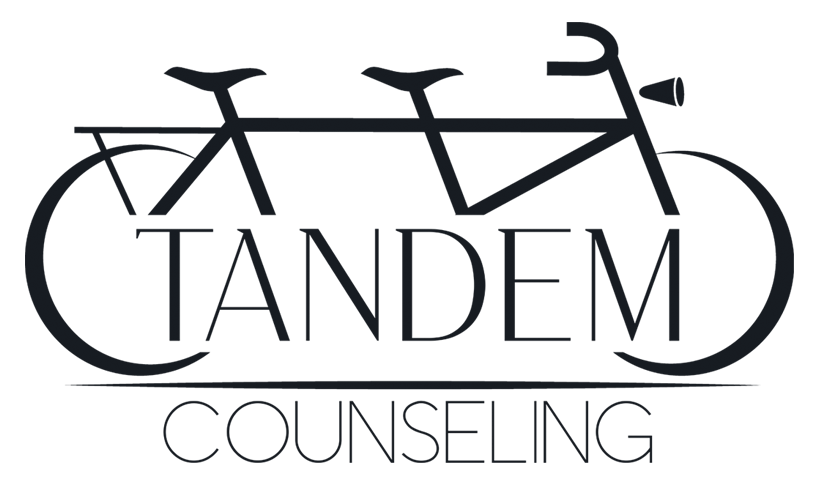COUPLES/PARTNER THERAPY

Pair bonding is not random - partners chose each other for a reason. Exploring your relationship dynamic in couples therapy can help you gain new insights, unlock powerful healing and provide a path toward greater connection, growth and harmony in your relationship and your life. Our sessions will be informed by multiple modalities (such as PACT-a Psychobiological Approach to Couples Therapy and Internal Family Systems or IFS and Compassionate Communication). Additionally a trauma-informed approach is taken to support you in healing your patterns and moving toward secure functioning and deeper intimacy in a neutral (I don't take sides), safe environment.
PACT COUPLES THERAPY
PACT -A Psychobiological Approach to Couples Therapy
PACT was developed by Stan Tatkin, PsyD, MFT and is grounded in 3 theoretical areas of study:
Neuroscience, Attachment, Arousal Regulation.
Neuroscience teaches us a great deal about how we behave in relationships. Understanding how our brains are wired to reduce threat/danger as well as to establish connection and mutuality is fundamental to lead us to secure functioning in our relationships.
Attachment theory explains our need to deeply connect to a primary caregiver for our physical and emotional development. Our early attachments imprint into our bodies and brain circuitry and impact our behavior in subsequent relationships - the more intimitate, the greater the impact. Identifying and understanding attachment styles unlocks the key to secure functioning as we learn to utilize our adult attachments for safety/security.
Arousal regulation refers to the management of our body's energy and resources. This area relates to our alterness, awareness, information processing and attention. Our arousal regulation informs how we engage with people and our environment.
With PACT, we bring together these 3 areas to move toward secure functioning in the context of intimate relationships.
WHAT MAKES PACT DIFFERENT?

SESSION LENGTH/DURATION OF THERAPY
Those seeking relationship therapy are often experiencing a crisis. In most cases, a 50 minute session will barely touch the surface of long-standing issues. PACT offers longer initial and follow-up sessions (when appropriate) to allow for stabilization and in-depth support to get past the crisis as soon as possible. Generally, fewer sessions are required, although post-stabilization, "tune-ups" are recommended and offered as needed.

ATTENTION TO NON-VERBAL COMMUNICATION
Misunderstanding has been found to have a significant negative impact on relationships. Special attention to facial expressions, eye contact, tone of voice, body language and proximity are considered extremely important to building intimacy within the PACT model.

A Relatinship Lab
Therapy sessions are utlized in part to slow down interactions so greater awareness can be gained and to allow for the opportunity to practice and implement new, more productive and pro-relationship skills with an empahsis on both self-regulation and co-regulation.


